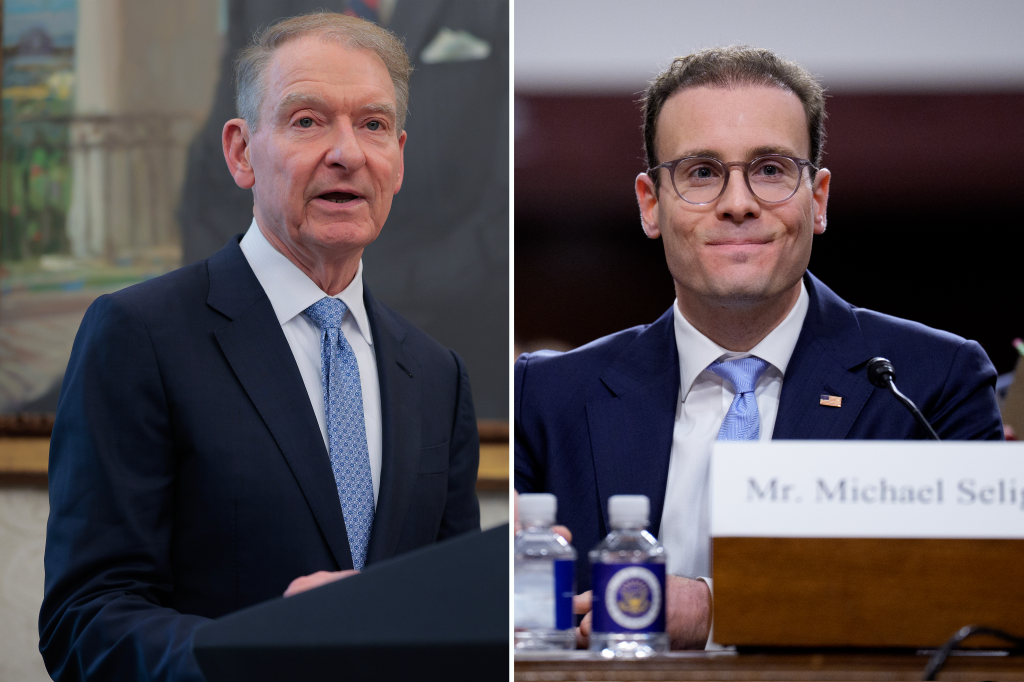Assertio Therapeutics, formerly known as Depomed, will pay $3.6m to settle charges that it caused false claims to be submitted to Medicare and TRICARE when it targeted its advertising at pain specialists who were prescribing high volumes of products similar to its product Lazanda, a nasal spray that contains fentanyl.
Register for free to keep reading
To continue reading this article and unlock full access to GRIP, register now. You’ll enjoy free access to all content until our subscription service launches in early 2026.
- Unlimited access to industry insights
- Stay on top of key rules and regulatory changes with our Rules Navigator
- Ad-free experience with no distractions
- Regular podcasts from trusted external experts
- Fresh compliance and regulatory content every day













